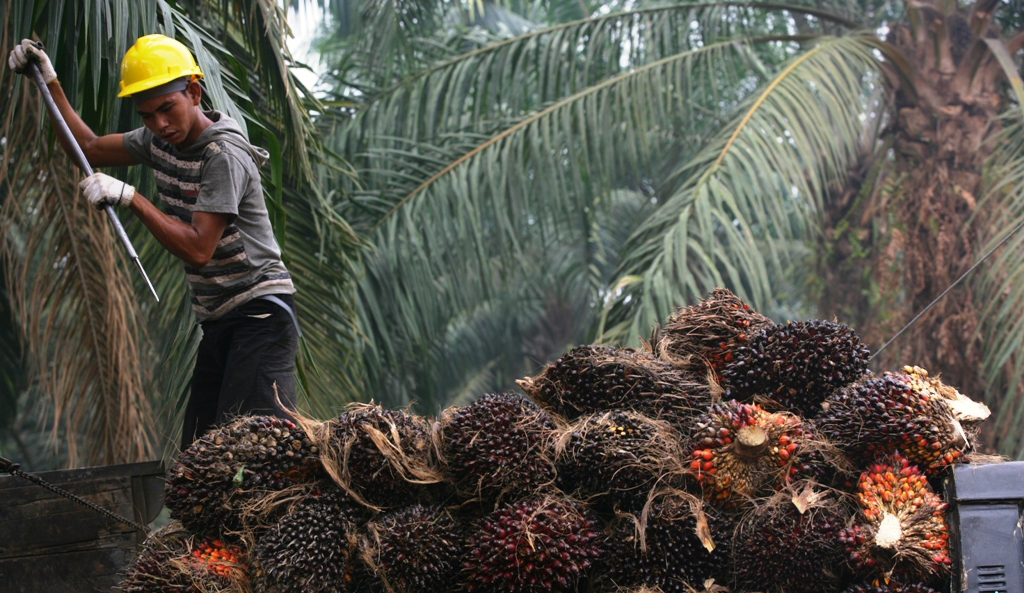EU Confirmed No Ban on Palm Oil on RED II
EUROPEAN Union (EU) confirmed that there’s no single out nor ban palm oil on the agreement reached on the revision of the EU Renewable Energy Directive (RED II). There is no specific or explicit reference to palm oil in this agreement.

EUROPEAN Union (EU) confirmed that there’s no single out nor ban palm oil on the agreement reached on the revision of the EU Renewable Energy Directive (RED II).
There is no specific or explicit reference to palm oil in this agreement. The outcome in no way constitutes a ban or even a restriction on the imports of palm oil or palm-oil based biofuels. The relevant provisions in the Directive only aim to regulate to what extent certain biofuels can be counted by EU Member States towards reaching their sustainable energy targets.
“The European Union (EU) is leading in the fight against climate change. The agreement reached on the revision of the EU Renewable Energy Directive includes a gradual reduction of the amount of certain categories of biofuels counted towards our ambitious renewable energy target. Biofuels will be assessed equally regardless of the source. The text will not single out, nor ban palm oil,” said EU Ambassador to Indonesia Vincent Guérend on The Fact Sheet published on (16/6/2018).
On 14 June 2018, an ambitious political agreement on increasing renewable energy use in Europe was reached between the European Commission, the European Parliament and the Council of the EU (EU Member States). The new regulatory framework includes a binding renewable energy target for the EU of at least 32% by 2030 against 27% so far, and maybe higher after a 2023 review.
According to Guérend, The EU market remains open to palm oil imports. The EU is Indonesia`s second largest export market for palm oil, and EU imports had increased significantly in 2017, by 28%. “The EU is and remains the most open market for Indonesian palm oil.” ***




































